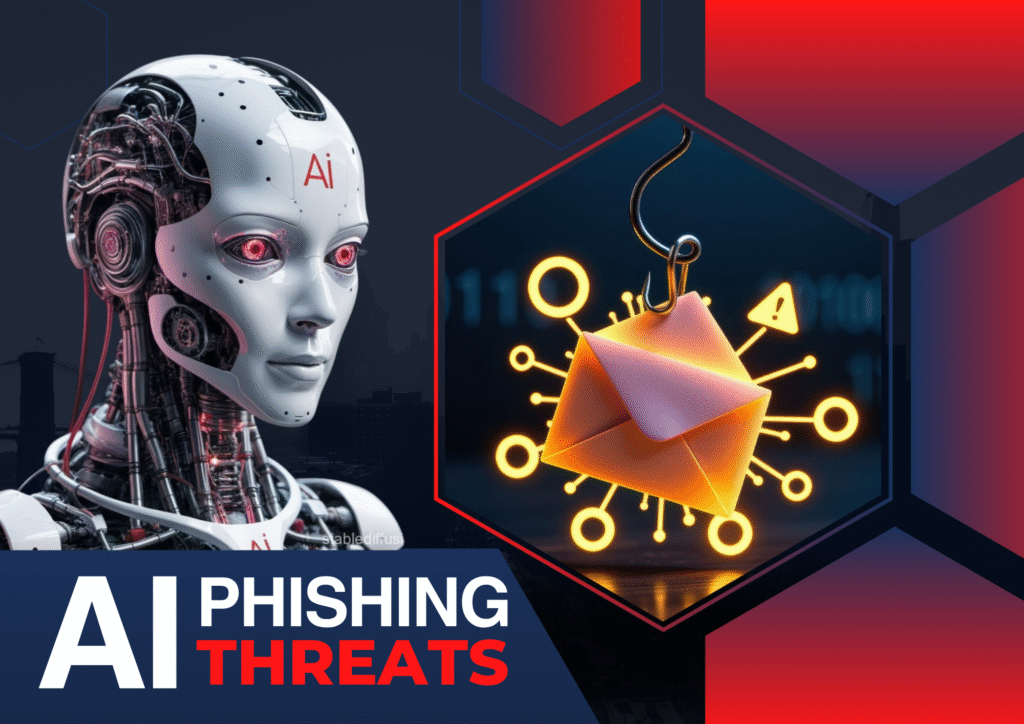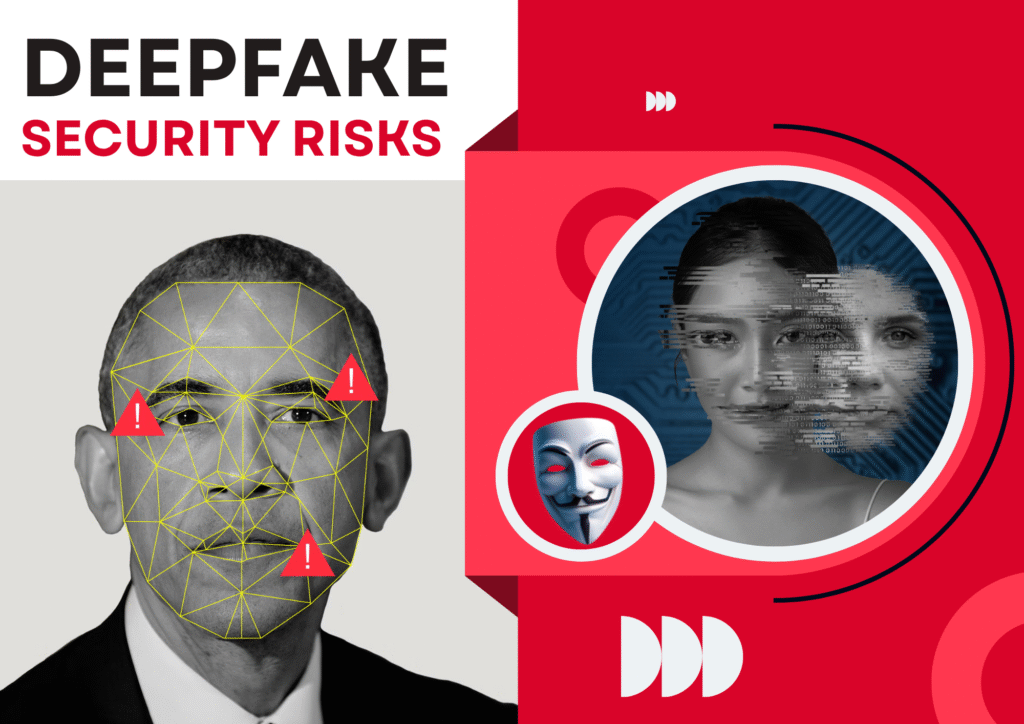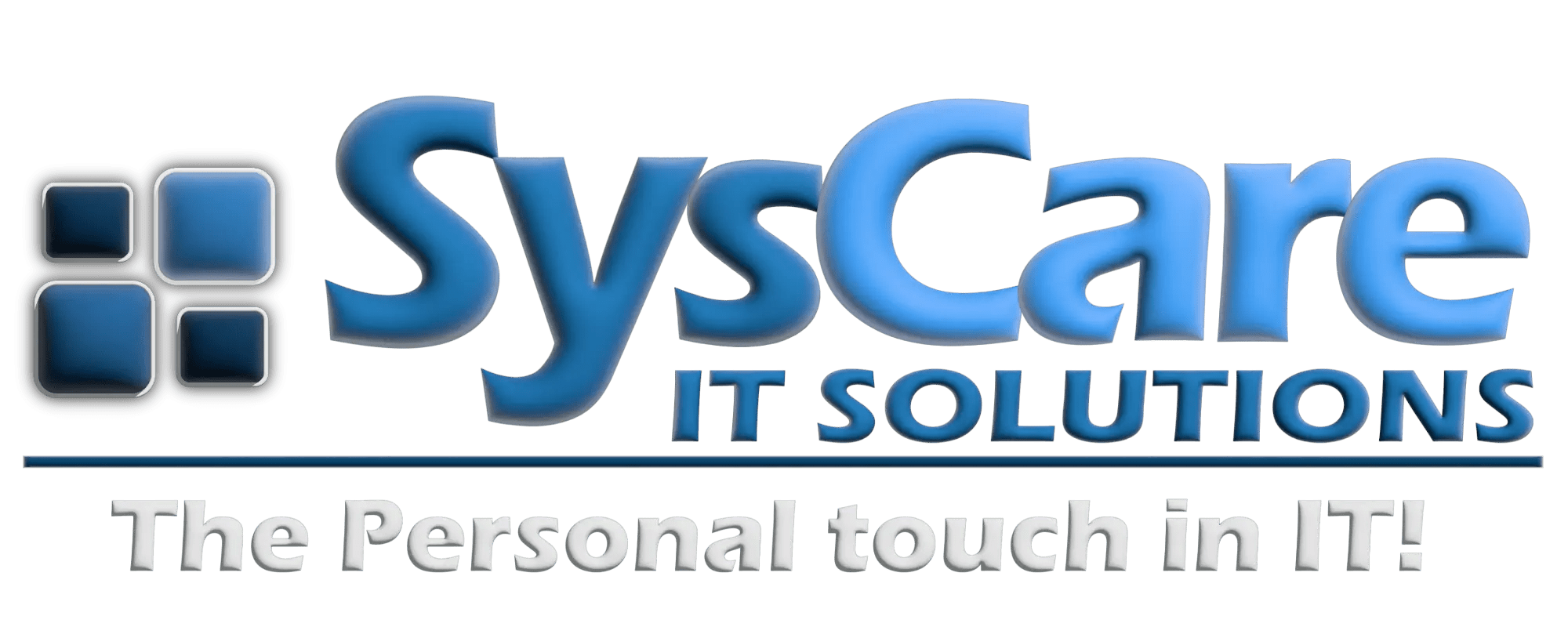In the rapidly evolving digital world, generative AI tools like ChatGPT, DALL·E, and other AI content generators have become transformative. They help businesses automate content creation, streamline workflows, and even assist in decision-making. However, with great innovation comes significant responsibility. The rise of AI has also introduced new AI security risks that every business, large or small, needs to understand and mitigate.

What Are the Main AI Security Risks?
Generative AI, while powerful, comes with its unique set of vulnerabilities:
- AI-Driven Phishing and Social Engineering
Cybercriminals can now use AI to craft highly convincing phishing emails or messages. Unlike generic scams, AI-generated content can mimic tone, style, and even company branding, making it difficult for employees to spot fraudulent communication. - Deepfakes and Identity Spoofing
Deepfake technology uses generative AI to create realistic images, audio, or videos of individuals. This can be exploited for corporate espionage, fraud, or damaging reputations. Even advanced authentication systems can sometimes be tricked by sophisticated deepfakes. - Automated Vulnerability Discovery
AI algorithms can scan networks, websites, and systems at incredible speed, identifying weak points that human hackers can exploit. While this is useful for ethical hacking and security testing, in the wrong hands, it accelerates cyber threats. - Poisoning or Manipulation of AI Models
AI models learn from data. Attackers can intentionally feed misleading or malicious data to manipulate AI outputs, leading to wrong decisions, compromised automation, or even sensitive data exposure.
Why Generative AI Security Matters for Businesses
Neglecting AI security can have serious consequences:
- Financial Loss: Cyberattacks powered by AI can bypass traditional security measures, resulting in data breaches, fraud, or operational downtime.
- Reputation Damage: AI-driven scams or deepfake attacks can erode trust with clients, partners, and stakeholders.
- Regulatory Risks: Many countries, including Sri Lanka, are tightening regulations around data privacy and cybersecurity. Failing to secure AI systems could lead to legal consequences.
How to Protect Your Business from AI Security Risks
- Employee Awareness and Training
One of the most effective defenses is human vigilance. Train staff to recognize AI-driven phishing attempts and suspicious communications. Awareness campaigns, mock phishing exercises, and AI security workshops can significantly reduce risk. - Adopt AI Security Tools
Modern security tools now incorporate AI to detect anomalies, monitor network traffic, and prevent attacks. These tools can counter AI-driven threats more effectively than traditional systems. - Implement Strong Authentication Measures
Use multi-factor authentication (MFA), biometric verification, and AI-powered identity checks to prevent deepfake and spoofing attacks. - Regular Model Monitoring and Testing
For companies using AI internally, it’s essential to monitor AI model outputs Check for biases, unusual behavior, or signs of model poisoning. Regular audits can help identify vulnerabilities before attackers exploit them. - Data Protection and Privacy Practices
Ensure that AI systems only access necessary and sanitized data. Encrypt sensitive information and follow data privacy best practices to reduce exposure from AI misuse.

Future of AI in Cybersecurity
While AI introduces new threats, it also offers unprecedented opportunities for defense. Generative AI security solutions are emerging that can proactively identify risks, predict attacks, and even simulate potential security breaches. By leveraging AI for protection as well as productivity, businesses can stay ahead of cybercriminals.
Moreover, AI-driven security awareness programs are helping companies educate staff in real-time, simulate attacks, and improve response strategies. In Sri Lanka, more SMEs are starting to adopt these AI security measures to safeguard their operations and comply with emerging data protection regulations.
Key Takeaways
- Generative AI is powerful but introduces serious AI security risks.
- Phishing, deepfakes, automated vulnerability scanning, and model poisoning are among the top threats.
- Human vigilance, AI-powered tools, strong authentication, and data privacy practices are essential for defense.
- Investing in AI security awareness and training ensures that businesses remain resilient against evolving threats.
By taking a proactive approach to generative AI security, companies can embrace AI innovation while keeping their operations, employees, and clients safe. Cybersecurity is no longer just a technical concern it’s a business imperative in the AI era.





